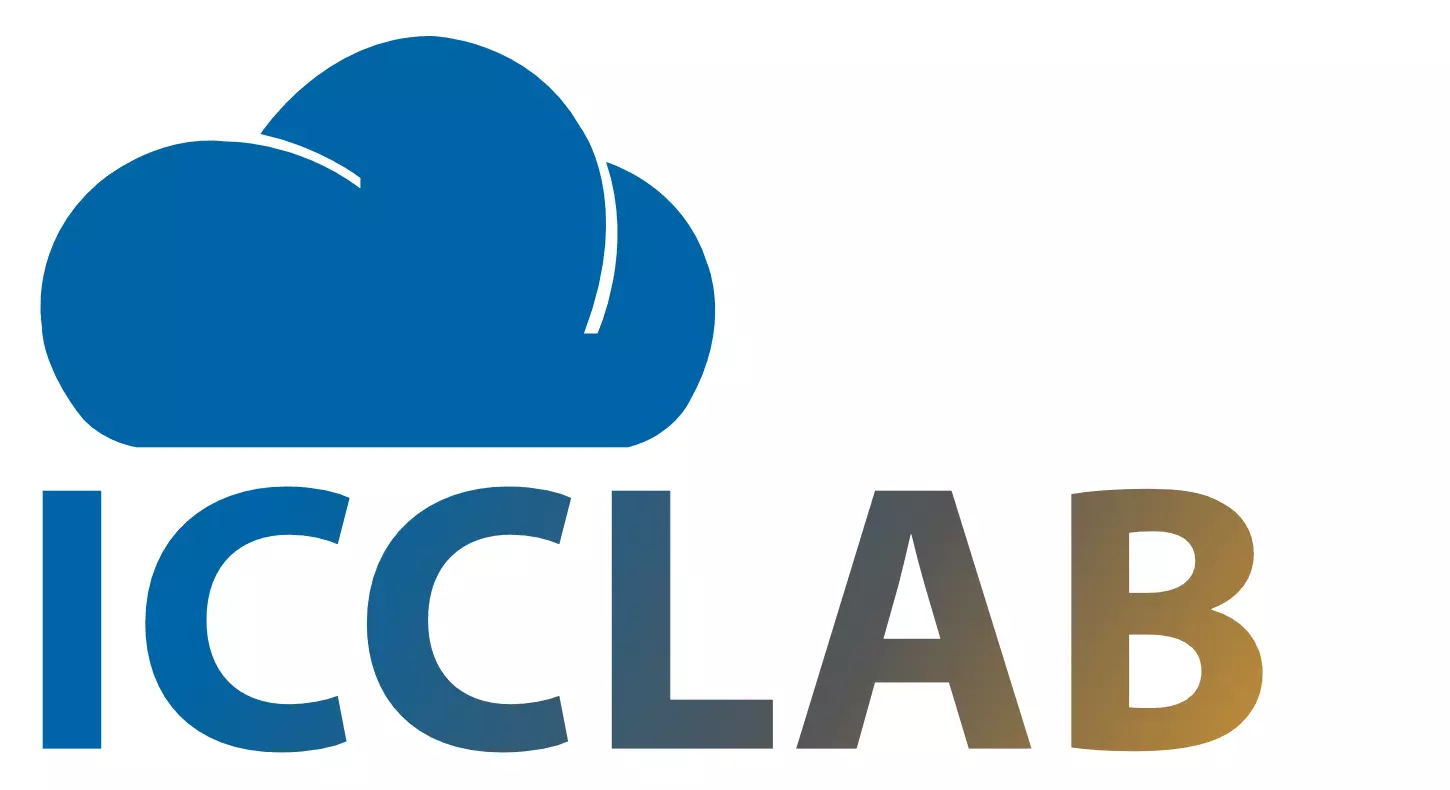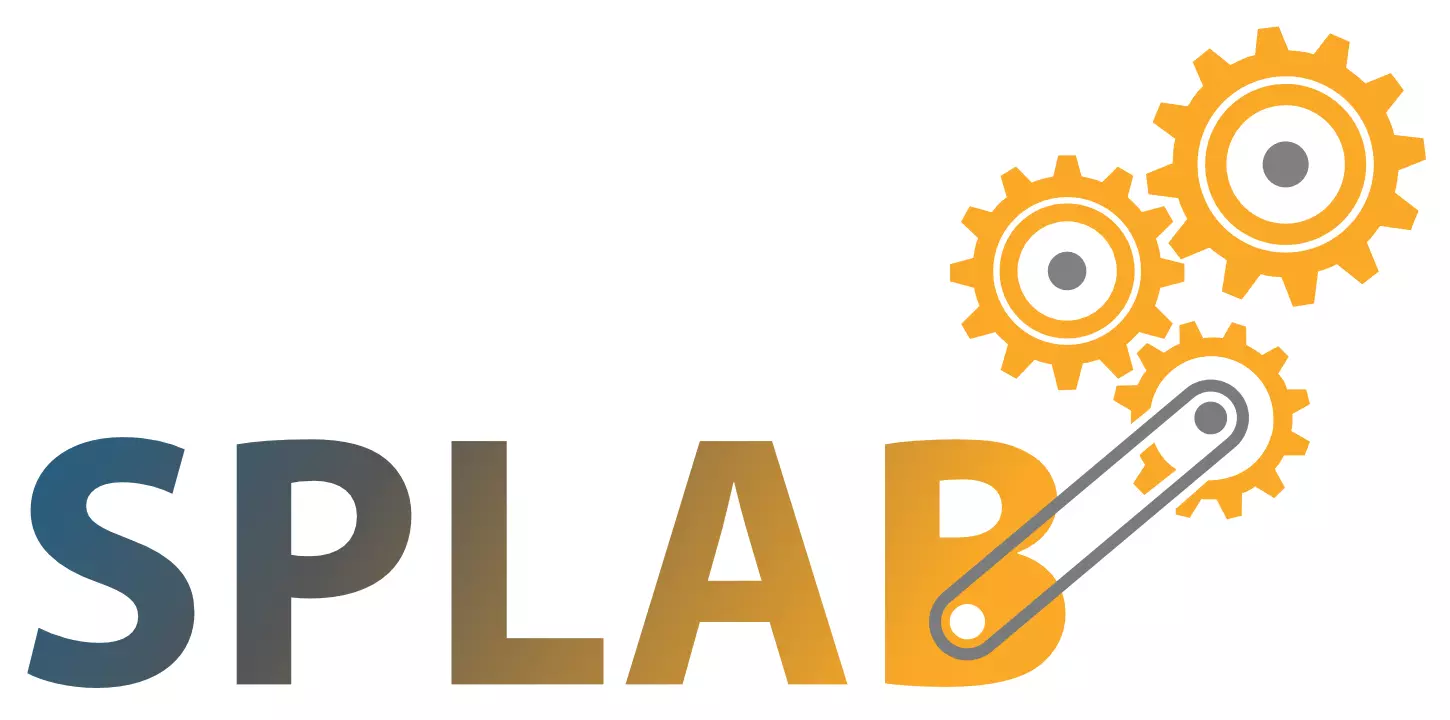Distributed Systems
We Make Services Valuable
The Distributed Systems (DSY) research group of the InIT focuses on scalable and reliable implementation of sophisticated IT-based services. We address questions such as:
- What architecture best suits your specific cloud application?
- Which service model (IaaS, CaaS, PaaS, FaaS, ...) ensures optimal implementation of an application?
- Which tools are needed for development, operation and monitoring of the services?
- How to offer applications "as a service" (SaaS)?
- How to monetize modern IT services?
- How to integrate the "physical world" into complex IT services?
The research group is engaged in international projects within the EU research framework and works closely with partners from the private sector on innovative products within Innosuisse funded or directly financed projects.
The knowledge gained from applied research and development is transferred to students of computer science courses in the following modules:
Cloud Computing

The Init Cloud Computing Lab (ICCLAB) is dedicated to the automated deployment, operation and usage of configurable, highly scalable and resilient IT resources on a pay-per-use basis. In addition to infrastructure virtualization, this includes platform services for automated application delivery, scalable back-end, and monitoring of services and applications.
Service Prototyping

The Service Prototyping Lab (SPLAB) addresses the implementation and validation of complex services in cloud or post-cloud environments. In addition to the migration of existing services to the cloud, the main focus is on modern application architectures (Cloud Native Applications, Microservices, Serverless), the provisioning of tools for optimal implementation, the experimental validation of concepts and their monetization (Cloud Accounting and Billing).
Cloud Robotics
The Init Cloud Comupting Lab (ICCLAB) also addresses the integration of robotic applications into complex networked services. The usage of elastic cloud services allows to extend the capabilities of robots (computing power, context information, artificial intelligence, ...) as well as to manage and coordinate them. Programming frameworks and automation services enable developers to integrate robots into services without having in-depth knowledge at device level.
-
Dark Energy: Accurate estimation and awareness of cloud-induced power consumption
Phones and notebooks do not require much power? Wrong, most usage patterns involve the heavy use of cloud services. In contrast to device consumption, the extent of this indirect consumption is unknown to users. This project delivers a tool to trace cloud use and convey a CO2 equivalent to the user. ...
-
Cloud Open Source Research Mobility Network (CLOUDSTARS)
CloudStars presents a joint research programme in the fields of Cloud computing and AI technologies. CloudStars pursues innovation in the Cloud infrastructures to support the next generation of low-latency, high-performance complex workloads. CloudStars also pursues high innovation in the Cloud, making the best ...
-
MA4K8s: Machine advice for GitOps-managed Kubernetes configuration optimisation
The profitability of cloud providers is often negatively affected by misconfiguration of application resource constraints. In this research study, we check the feasibility of integrating ML on usage-dependent configurations into a GitOps workflow. The result will be a novel advisor service that tells GitOps ...
-
Arce, Adriana Arteaga; Filinis, Nikos; Fu, Lei; Habib, Carol; Militano, Leonardo; Spatharakis, Dimitris; Zafeiropoulos, Anastasios; Bohnert, Thomas Michael; Mitton, Nathalie; Papavassiliou, Symeon,
2024.
Virtual objects for robots and sensor nodes in distributed applications over the cloud continuum [paper].
In:
29th IEEE Symposium on Computers and Communications (ISCC) - 4th International Workshop on Distributed Intelligent Systems (DistInSys), Paris, France, 26 June 2024.
ZHAW Zürcher Hochschule für Angewandte Wissenschaften.
Available from: https://doi.org/10.21256/zhaw-30918
-
Gkikopoulos, Panagiotis; Kropf, Peter; Schiavoni, Valerio; Spillner, Josef,
2024.
Reliable IoT analytics at scale.
Journal of Parallel and Distributed Computing.
187(104840).
Available from: https://doi.org/10.1016/j.jpdc.2024.104840
-
Cvetkovski, Oliver; Field, Carlo; Trinchi, Davide; Marti, Christof; Spillner, Josef,
2023.
ZVAX : a microservice reference architecture for nation-scale pandemic management [paper].
In:
Dorai, Gokila; Gabbrielli, Maurizio; Manzonetto, Giulio; Osmani, Aomar; Prandini, Marco; Zavattaro, Gianluigi; Zimmermann, Olaf, eds.,
Joint Post-proceedings of the Third and Fourth International Conference on Microservices (Microservices 2020/2022).
International Conference on Microservices (Microservices), Paris, France,10-12 May 2022.
Wadern:
Schloss Dagstuhl - Leibniz Center for Informatics.
Open Access Series in Informatics (OASIcs).
Available from: https://doi.org/10.4230/OASIcs.Microservices.2020-2022.4
-
Spillner, Josef,
2023.
Operating systems and infrastructure in data science.
1. Auflage.
Zürich:
vdf Hochschulverlag.
ISBN 978-3-7281-4168-2.
Available from: https://doi.org/10.3218/4168-2
-
Sakman, Mehmet Cihan; Gkikopoulos, Panagiotis; Martella, Francesco; Villari, Massimo; Spillner, Josef,
2023.
Indoor navigation for personalised shopping : a real-tech feasibility study [paper].
In:
Hammoudi, Slimane; Wijnhoven, Fons; van Sinderen, Marten, eds.,
Proceedings of the 20th International Conference on Smart Business Technologies.
20th International Conference on Smart Business Technologies (ICSBT), Rome, Italy, 11-13 July 2023.
Setúbal:
SciTePress.
pp. 43-53.
Available from: https://doi.org/10.5220/0012085100003552
